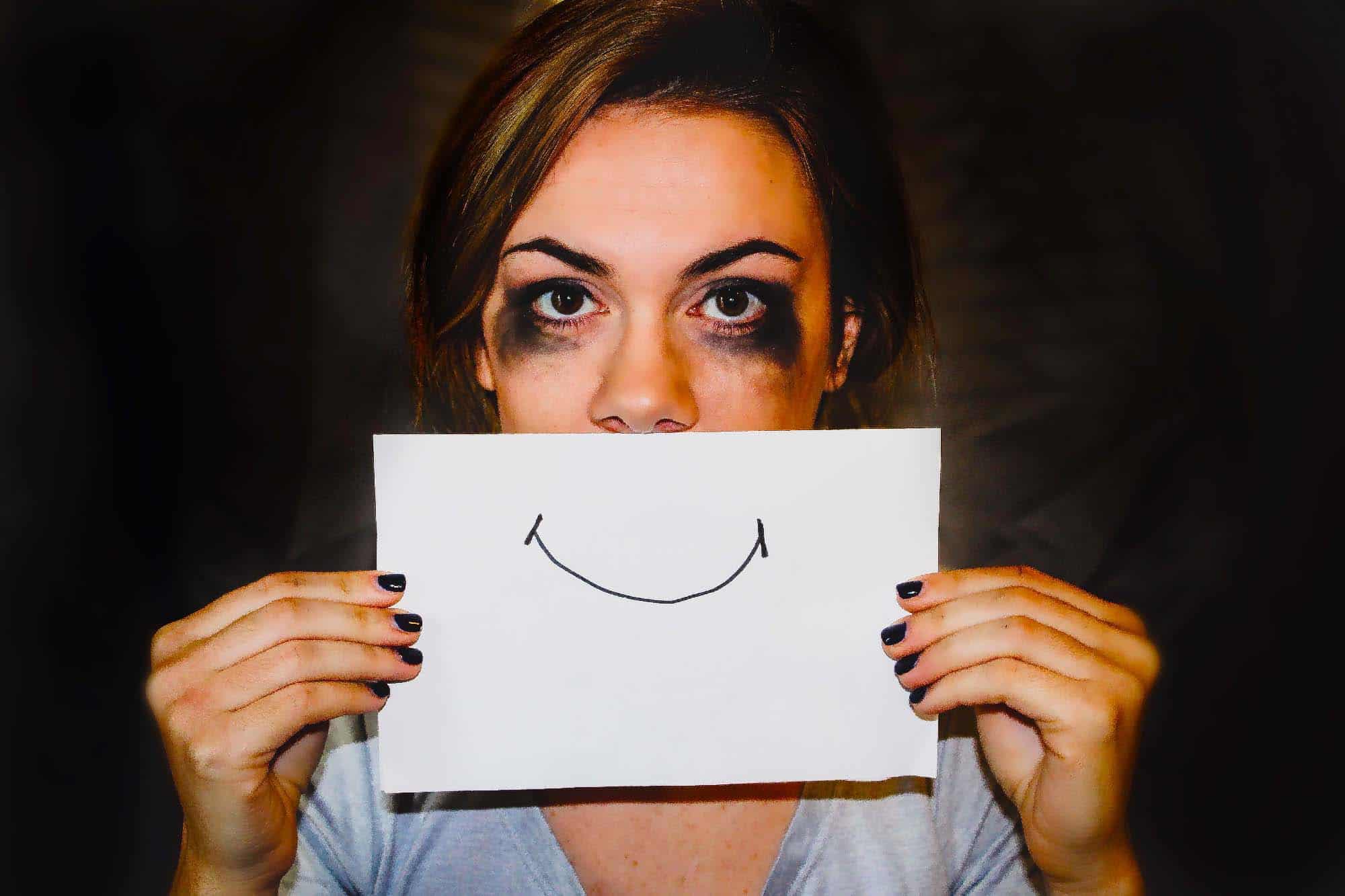People suffering from substance abuse disorder (SUD) are oftentimes associated with other behavioral conditions such as bipolar disorder. Early detection of this co-occurring disorder is preferred so that a separate treatment can be done to treat it.
What is Bipolar Disorder?
A bipolar disorder is commonly known as a manic-depressive disorder which causes sudden shifts of mood from mania to depression. There are times that the person is confused because both feelings of intense mania, and sadness occur at the same time.
In the medical field, there are four classifications of bipolar disorders namely Bipolar I Disorder, Bipolar II Disorder, Cyclothymia, and other relevant disorders. Each type has a distinct symptom, severity and duration.
What is the Relationship Between Bipolar Disorder and Addiction?
This behavioral condition can either be innate to the person before addiction or it can be substance-induced due to drug dependence. Either way, the two go hand-in-hand with each other which complicates the whole situation.
Approximately, 60 percent of people who are diagnosed with a bipolar disorder are also suffering from substance abuse or alcoholism. Because people with this behavioral condition are not capable of managing one’s emotion, they have a higher risk of abusing substances in order to cope with sudden mania or depression.
The same thing holds true with substance abuse and alcoholism. Addiction disrupts the normal behavior and mood swings of an individual. For instance, euphoric substances such as cocaine and heroin can suddenly spike a person’s mood. If the person then takes Adderall or alcohol to create a sudden drop of emotion, this creates a hormonal imbalance. A repetition of this action poses a greater risk of inducing a bipolar disorder.
The hardest part is when the individual cannot identify if the sudden change in mood is caused by bipolar disorder or due to substance abuse. The simultaneous presence of substance abuse and bipolar disorder complicates the behavioral condition of an individual.
What Are the Signs and Symptoms of Bipolar Disorder?
In order to better understand if a person has a bipolar disorder, the common signs and symptoms must be known to the patient’s families and friends. The sudden shifts of mood in people with this condition are known as “mood episodes”.
Here are 5 signs of a manic episode:
- An extreme level of euphoria
- An intense level of energy and always feeling like at the edge
- Several things run on their head and the person thinks he can do everything
- Very sensitive and highly irritable
- Prone to doing risky behaviors such as substance abuse and unhealthy sexual behaviors
Here are some 5 signs of a depressive episode:
- Depression
- Irregular sleeping habits, either too much or too little sleeping time
- Feeling empty and thinking one cannot find happiness in life
- Lethargy and suicidal behavior
- Frequently forgets things
What Are Some Triggers for Bipolar Disorder?
A prescription drug is a reliable treatment method for this behavioral condition. However, another good coping strategy is to know the triggers that cause this behavior and find healthy means to cope with these triggers.
Here are the six common triggers for this behavioral disorder:
- Inadequate Sleep: Having trouble sleeping is a trigger for this condition. Lack of sleep oftentimes leads to a depressive episode which is experienced by 12% of patients with bipolar disorder. Women who lack sleep are also more prone than men to have depressive episodes.
- Negative Experiences: Traumatic and negative events in life can act as triggers for depressive episodes for patients with this mental illness.
- Substance Abuse and Alcoholism: Drugs and alcohol are known substances which can alter the mood and behavior of an individual. Repetitive or occasional use of these things can affect the effective control of a person’s mood and behavior.
- Climate and Weather: There is no strong evidence yet to prove the relationship between changes in climate or weather and a shift in mood. For instance, most people feel gloomy whenever it is winter or raining. Whereas, people feel vibrant and happy during summer and spring.
- Hormonal Changes: This is more applicable to women as they are more prone to hormonal changes due to the menstrual cycle. For men, hormonal changes can happen when there is substance abuse.
- Goal Setting: This can be a good or bad trigger depending on the feasibility of the goal.
What Are Some Treatment and Therapies for Bipolar Disorder and Addiction?
There are several methods of medicating this behavioral disorder. A combination of prescription drugs and psychological therapy is the best fit for treatment.
Prescription drugs are used to balance the hormones and brain chemicals inside the body. Below are some of the common medications for this behavioral illness.
- Antidepressants
- Atypical Antipsychotics such as Seroquel which is used to medicate bipolar disorder and schizophrenia
- Mood Stabilizers
Psychotherapies
Aside from the medication drugs, reinforcing the treatment with psychotherapies is beneficial in order to correct one’s behavior.
- Cognitive Behavioral Therapy (CBT): This method is helpful in transforming the negative thoughts of the patient to positive ones to induce a positive behavior. The patient undergoes role-playing in order to prepare the person in facing challenging events in life. The patient is trained to remain calm and relaxed when facing problems in life.
- Interpersonal and Social Rhythm Therapy (IPSRT): This therapy guides the patient to religiously take medications, prepare for future life conflicts, and improve social rhythm. The patient acquires skills and strategies which help them control behavior and mood for any events in the future. Likewise, the patient’s social interpersonal skills are re-established so that one can be socially functional again.
- Family-focused therapy and Psychoeducation: The family is educated by the patient’s illness particularly trigger signs in order to help the patient avoid them. The family is also taught better communication skills toward the patient in order to give motivation and train the interpersonal skills of the patient.
What Are Some Tips to Cope With Bipolar Disorder?
Recovery depends on several factors. To help gain faster recovery, here are some simple tips that you can adapt and follow.
- Acceptance and Open-Mindedness: The first step to any recovery is self-awareness that one has the illness and needs external assistance to recover.
- Avoid Stressful Situations: Stress can lead to a depressive episode. If taken for granted, patients with this disorder are exposed to a higher risk of suicidal attempts.
- Exercise Open Communication: It is proven that conversation is good therapy. Maintain open communication with families and trusted friends for it helps to lighten up the mood. Likewise, the patient gains greater insights from social engagements.
- Healthy Living: This means one needs to secure enough sleeping time and avoid harmful substances such as alcohol, coffee, soda, and other illicit substances.





